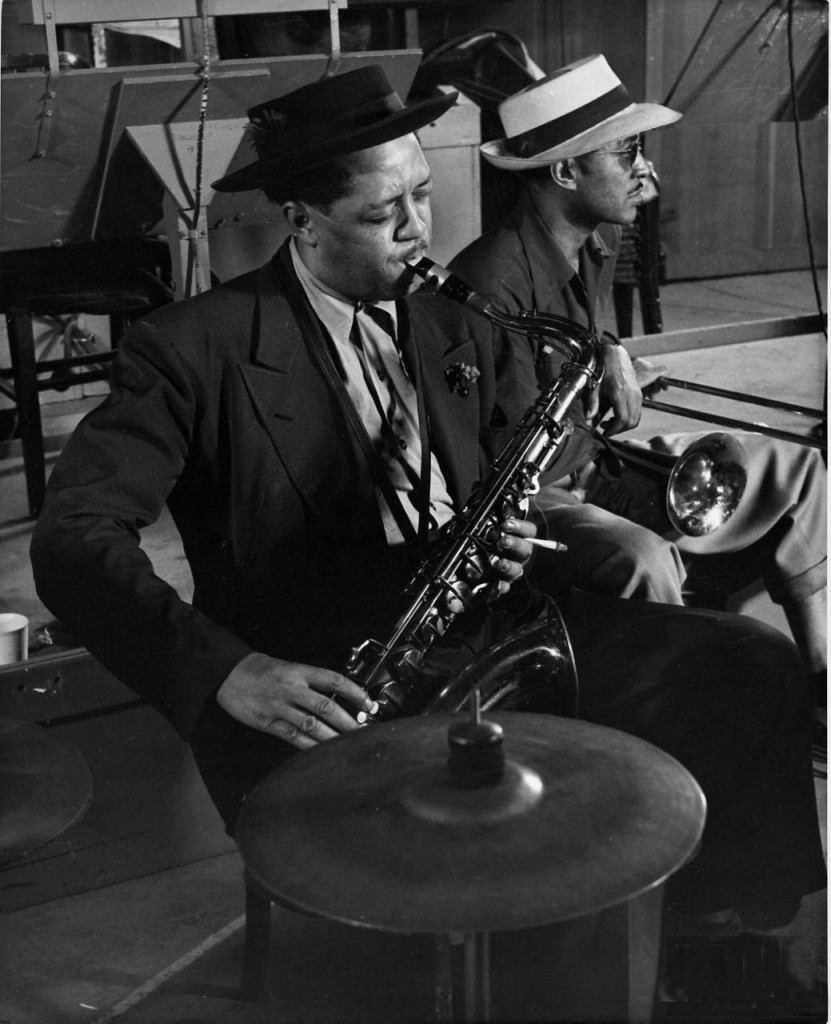 Writing at AllMusic, Scott Yanow — a friend of The Daily Music Break — summed up the importance and approach of Lester Young:
Writing at AllMusic, Scott Yanow — a friend of The Daily Music Break — summed up the importance and approach of Lester Young:
Lester Young was one of the true jazz giants, a tenor saxophonist who came up with a completely different conception in which to play his horn, floating over bar lines with a light tone rather than adopting Coleman Hawkins‘ then-dominant forceful approach. A non-conformist, Young (nicknamed “Pres” byBillie Holiday) had the ironic experience in the 1950s of hearing many young tenors try to sound exactly like him.
Prez was born into a musical family in the town of Woodville, Mississippi in 1909. Mississippi Writers & Musicians offers a nice description of his music. :[/column][column size=one_half position=last ] [/column]
Young’s style was the traditional swing style that will always be linked with Basie’s bands. Several famous musicians including Charlie Parker, Dexter Gordon, and Al Cohn were greatly influenced by Young. A majority of the songs Young played while in the Basie band where 32 bar blues with an AABA structure. When he began recording on his own, he mixed together ballads, blues, and moderate and fast tempo AABA structured tunes. He gradually moved toward his famous soft tone that inspired, most notably, Stan Getz.
The Wikipedia profile contrasts Young’s with Coleman Hawkins, another tenor sax giant. From the two descriptions, it is possible to get the idea that Young had both an ethereal sound that hovered gently over the melodies, and the driving sound enabling him to hold his own — indeed, be a star in — Count Basie big bands.
The importance of Lester Young is summed up by Ted Gioia at jazz.com:
The cool aesthetic that Young defined in the 1930s and 1940s was much more than a jazz movement. As I show in my forthcoming book The Birth (and Death) of the Cool, it eventually came to permeate the broader contemporary culture. In time, the cool worldview shaped how average Americans dressed and acted and spoke—often borrowing hipster phrases originated by Young himself. In fact, we have good reason to believe the very meaning of the word ‘cool’—in its modern signification of a fashionable hipness—originated with this unconventional saxophonist.
That’s extremely high praise. Later in the essay, which was written around the centennial of Young’s birth in 2009, Gioia notes that Prez’s importance to contemporary music extends beyond jazz: His style was accessible to pop arrangers and those who wrote film scores. Gioia, of course, says far more eloquently. The point was that, unlike folks like Charlie Parker, Young’s music could more readily be integrated into other genres and, thereby, exerted an influence that others couldn’t.
AllMusic, Wikipedia, Mississippi Writers & Musicians and Jazz.com were cited in this post.

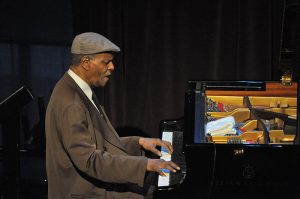
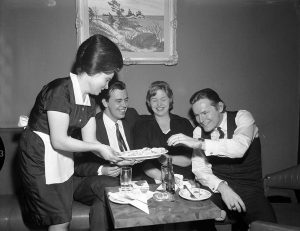
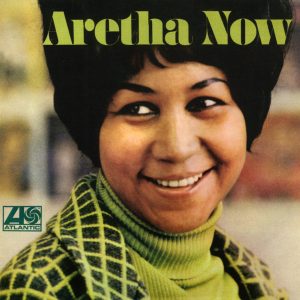
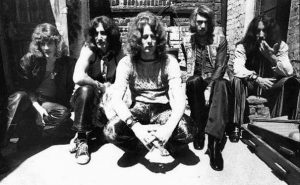

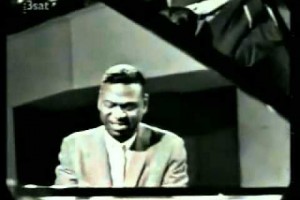



Add Comment